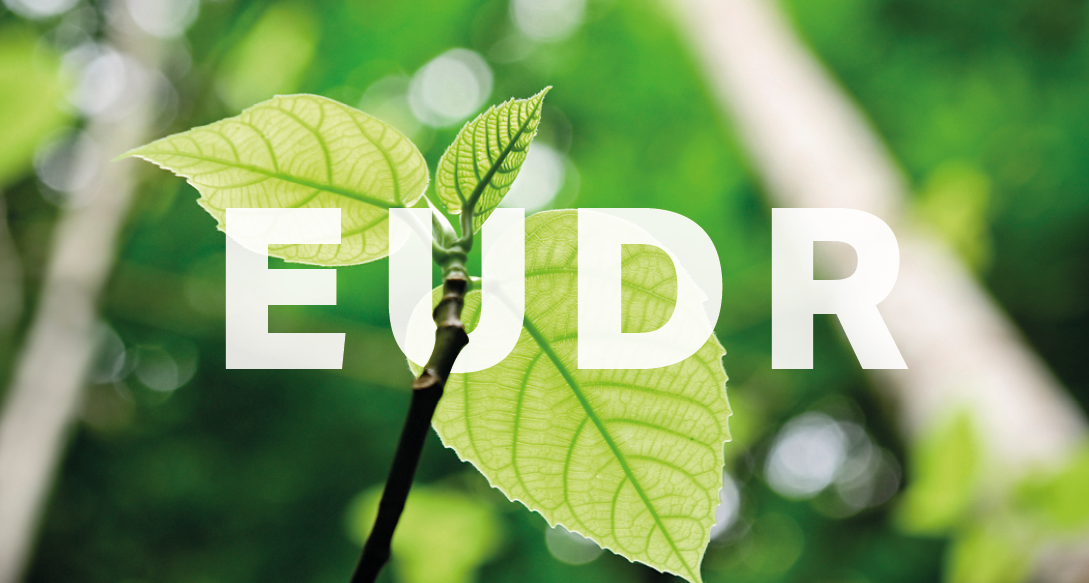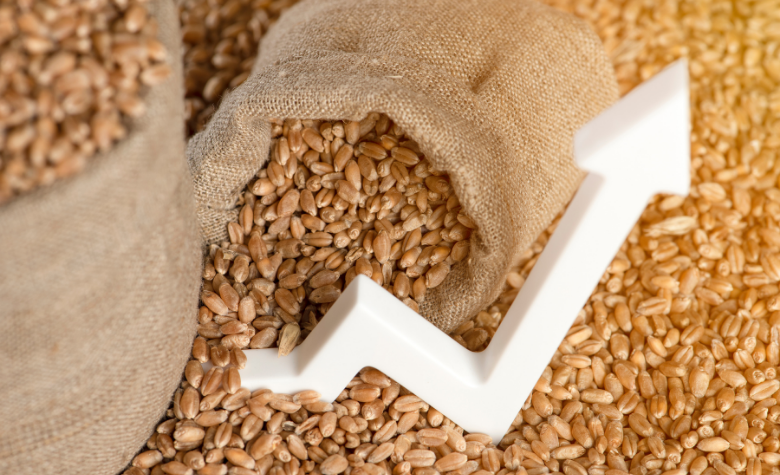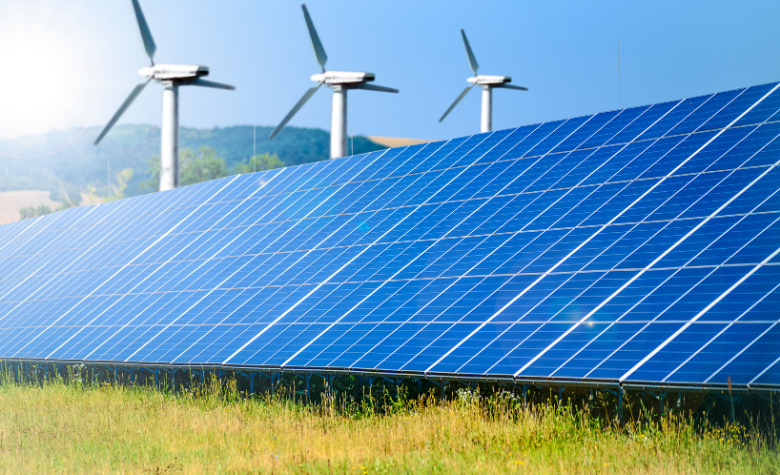
What the state, agricultural producers, and exporters must do to avoid losing the European Union market.
Recently, the acronym EUDR—the EU Deforestation-Free Products Regulation—has become increasingly common among Ukrainian farmers. The scope of EUDR covers products, whether raw or processed, made from cattle, cocoa, coffee, oil palm, rubber, soy, or wood.
Operators and traders must ensure that these products do not contribute to deforestation or forest degradation and have undergone due to diligence before being placed on or exported from the EU market. Thus, EUDR requirements will directly impact the export and business processes of producers of some of the aforementioned products supplied by Ukraine, particularly soy and wood.
This is not just another internal EU initiative but a new global reality for exporters of certain agricultural products to the EU. Ukrainian farmers who wish to maintain their position in the European Union market cannot afford to ignore these changes. At first glance, this seems like another barrier to accessing the EU market, but that is not entirely the case.
What It Is, for Whom, and Why
This is Regulation (EU) 2023/1115, which is an integral part of broader EU strategic documents such as the “European Green Deal,” the “EU Biodiversity Strategy for 2030,” and the “Farm to Fork Strategy.”
The main goal of the regulation is to ensure that products imported into or sold in the EU do not contribute to the destruction of forest ecosystems worldwide. In this way, the EU aims to reduce carbon emissions and support sustainable forest management.
The responsibility for confirming product compliance with EUDR requirements falls on operators and traders. To put it simply, operators are those who import goods into the EU, while traders are those who sell them.
The regulation affects Ukrainian producers and exporters of the listed products, as their EU partners will require confirmation of compliance.
Countries Under the Microscope: The Risk Level System
One of the key elements of the EUDR is the introduction of a system for classifying producer countries by their level of risk associated with deforestation. This classification directly affects the conditions for exporting products to the European Union, as the volume of checks and requirements depends on a country’s risk level.
Until a final decision is made, Ukraine’s priority is to obtain a low-risk status. This is the most favorable status because, unlike countries with a standard risk, it does not involve a three-stage due diligence process but allows for a simplified procedure—fewer documentary checks and less bureaucracy. This makes products from such countries more attractive for purchase.
In contrast, a “high-risk” status increases the frequency of documentary checks by EU control authorities, who must confirm that the products were grown on land without deforestation. Evidence can include satellite images, geolocation data of the fields, documents on the legality of the harvest, and supplier information. Without this information, the products are not allowed onto the EU market.
What to Do? Spoiler: Adapt
It is too early to cry that all is lost. To avoid falling under the restrictions, joint efforts from business, the state, and the public sector are needed now to adapt to EUDR. The highest priority steps are as follows.
A unified common position. Through an open dialogue involving representatives of relevant ministries and state institutions, business associations, scientists, and international organizations, it is necessary to develop a coordinated position on the implementation of the EUDR. This will help maintain the competitiveness of Ukrainian producers on the international market.
Ensuring full traceability and implementing geodata collection. Companies must be able to trace the origin of their products down to the specific plot of land where they were grown. For each batch of product, it will be necessary to provide precise geolocation coordinates of all cultivation plots. This may require regulatory and technical updates to the State Agrarian Register (SAR) of Ukraine as the single state database for domestic agricultural producers.
Organizing the collection and analysis of land use data and maintaining a dialogue with the EU. Ukraine must provide the European Union with convincing data showing that there has been no significant deforestation in the country after 2020. It must also present arguments for considering Ukraine’s unique circumstances related to military aggression (the impossibility of controlling certain territories, the impact of combat on forests). This will help justify Ukraine’s position when it is classified by risk level.
Adapting national legislation. It is necessary to conduct an audit of legislation in the fields of land relations, forestry, and environmental protection for compliance with EUDR requirements and to make the necessary amendments. International organizations like the FAO can provide expert and technical support in implementing EUDR requirements, harmonizing legislation, and sharing best practices.
Opportunities Follow Challenges
In addition to increasing trust in exporters who comply with EUDR requirements, we can also gain economic benefits. If Ukrainian soy or beef is confirmed to have no link to deforestation, its value may increase compared to products from countries where such guarantees are absent. This additional premium will be based on the absence of extra administrative costs that producers from standard- or high-risk countries will have to bear.
Beyond foreign trade benefits, the process of implementing EUDR stimulates important internal transformations and the modernization of Ukraine’s agricultural and forestry sectors.
The need to ensure product traceability down to a specific plot of land using geolocation drives the implementation of modern digital solutions, GIS technologies, and monitoring systems. This will help increase the transparency of supply chains, improve the management of land and forest resources, and combat illegal logging and the shadow market.
Meet the Deadline
Failure to comply with EUDR requirements is not just a risk of fines, which can reach 4% of the annual turnover for operators and traders, but a real threat of losing access to the EU market in certain niches. If Ukrainian products do not have confirmation of EUDR compliance, EU companies will not be able to buy or sell them.
The EUDR requirements will take effect on December 30, 2025. Adapting to EUDR is not a whim but a necessary condition for preserving exports and competitiveness. Those who adapt first will gain the greatest advantages.
Specially for “Ekonomichna Pravda“


